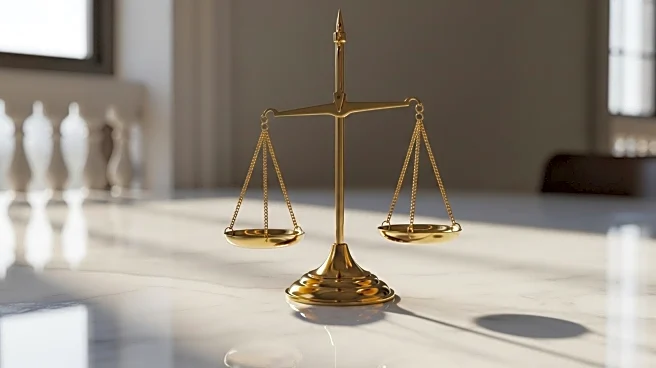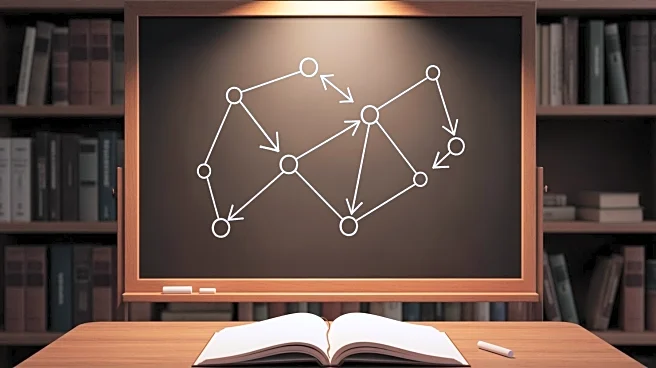What's Happening?
Robert Reich has expressed concern over the perceived failure of America's leadership class during a time of democratic crisis. He highlights the silence of university presidents, religious leaders, business executives, legal professionals, media figures, and political leaders in the face of actions by President Trump that he believes undermine constitutional rights. Reich recalls past instances where leaders spoke out during crises, such as the Vietnam War and civil rights struggles, contrasting them with the current situation where many leaders appear to be prioritizing personal or corporate interests over public responsibilities. He argues that true leadership does not require formal positions of power, citing historical figures like Mahatma Gandhi and Martin Luther King Jr. as examples of moral authority driving change.
Why It's Important?
The critique by Robert Reich underscores a significant concern about the erosion of democratic principles and the role of leadership in safeguarding these values. The silence of influential figures in various sectors could have profound implications for public policy and societal norms, potentially allowing for unchecked governmental actions that may infringe on individual freedoms. This situation could lead to a shift in public trust and confidence in traditional leadership structures, prompting citizens to take on more active roles in defending democracy. The call for grassroots leadership suggests a potential transformation in how societal change is driven, emphasizing the importance of individual and collective action in the absence of institutional leadership.
What's Next?
Reich's commentary suggests that the responsibility to defend democratic values may increasingly fall on ordinary citizens rather than established leaders. This could lead to a rise in grassroots movements and increased civic engagement as individuals seek to fill the leadership void. Political leaders and institutions may face pressure to respond to public demands for accountability and transparency. The situation may also prompt discussions on the role of leadership in modern society and the need for leaders to balance personal or corporate interests with public responsibilities.
Beyond the Headlines
The broader implications of Reich's critique may include ethical considerations regarding the responsibilities of leaders in times of crisis. The perceived abdication of moral responsibility by those in power could lead to a reevaluation of leadership qualities and the importance of moral authority. This situation may also highlight cultural shifts in how leadership is perceived and valued, potentially influencing future generations' expectations of their leaders.










